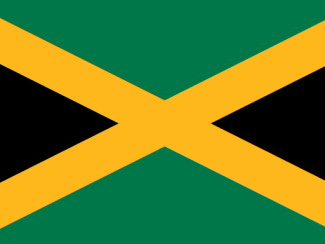
Across Jamaica, whispers could be heard about revolution. Something was simmering, but enslaved Africans knew getting caught up in the heat of things could be dangerous.
They needed a plan. And they needed white enslavers to mind their business.
Jamaica’s 1831 Slave Rebellion, in which enslaved Baptist minister Sam Sharpe organized roughly 60,000 enslaved Africans to revolt, required lots of planning.
Sharpe and his fellow organizers had to be strategic in how they spread word of the rebellion.
Sharpe held religious meetings for the enslaved that he then turned into secret meetings used for organizing.
And as plans for the revolution grew, they realized they needed a code word for it so that white enslavers wouldn’t catch on.
They began referring to the upcoming rebellion as “the business.” The business was successful in the end as it largely influenced Jamaica’s eventual emancipation in 1838.
Generations later “the business” has become a part of our cultural slang. “Nunya business.” “Mind your business.” “This grown folks business.”
While it’s unclear how much the rebellion actually influenced this evolution of our vernacular, now more than ever it’s important we return to our ancestors' forms of communication so our “business” isn’t so accessible to everyone.